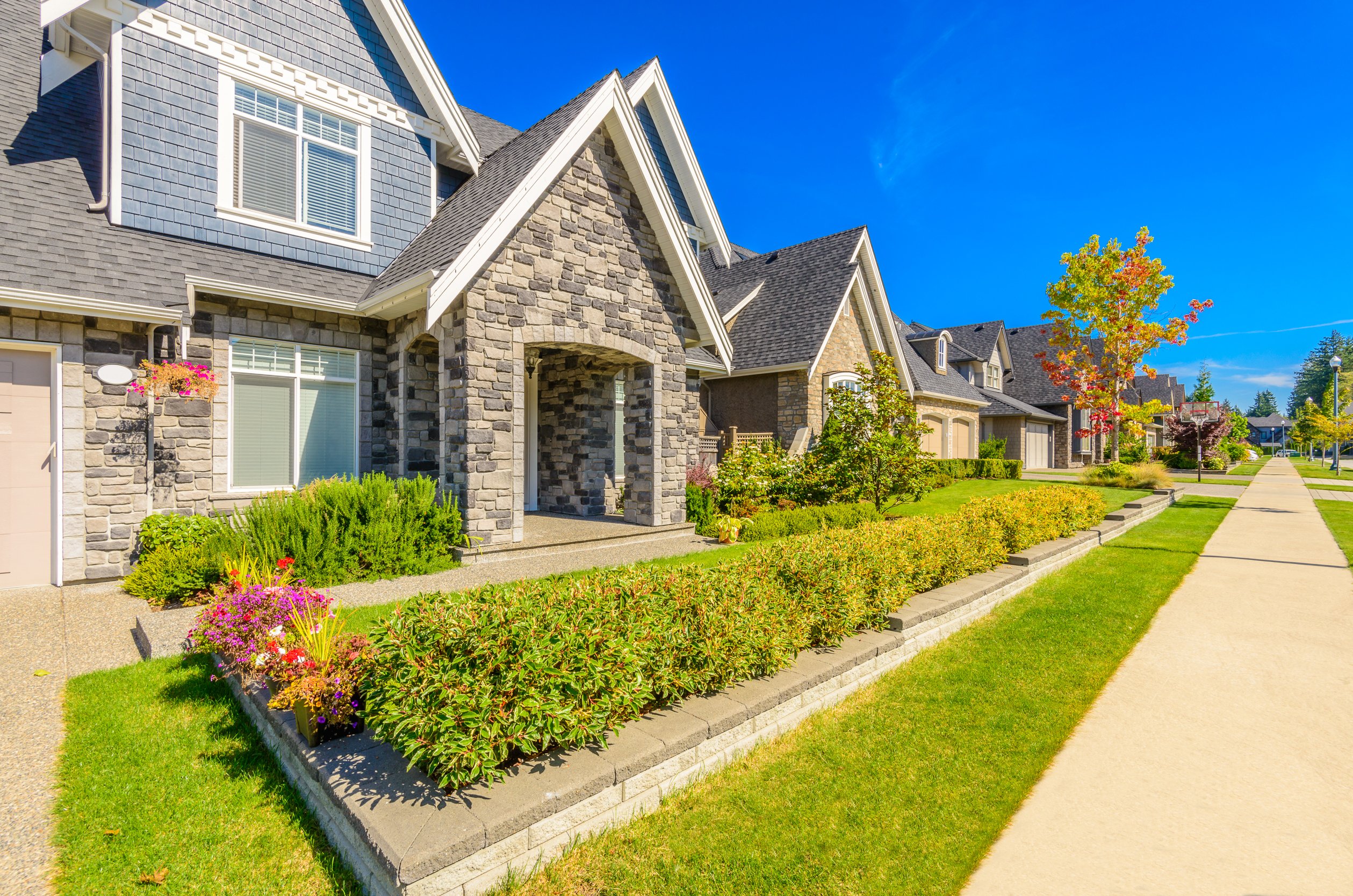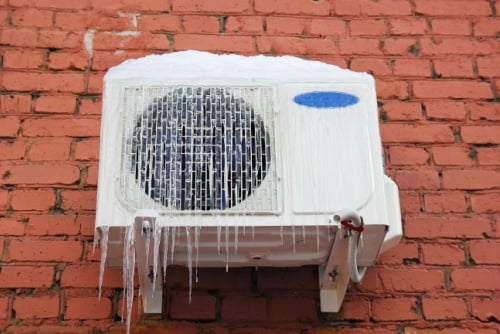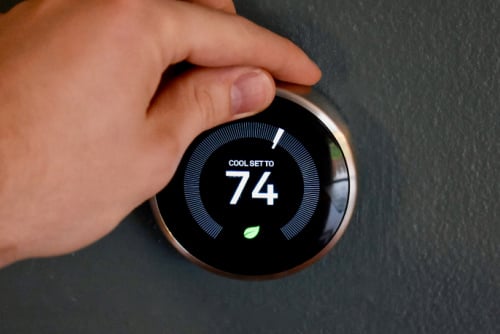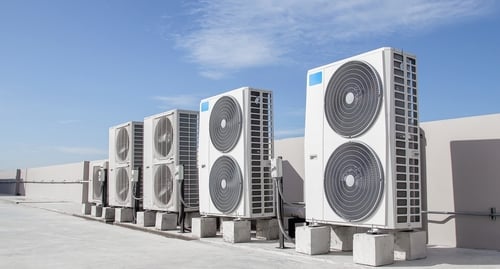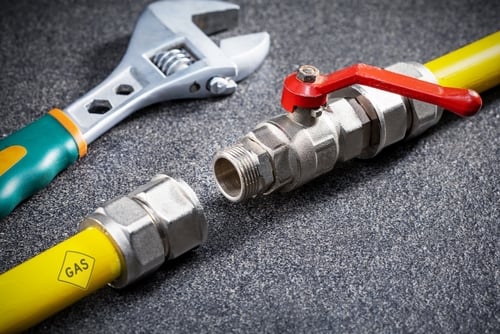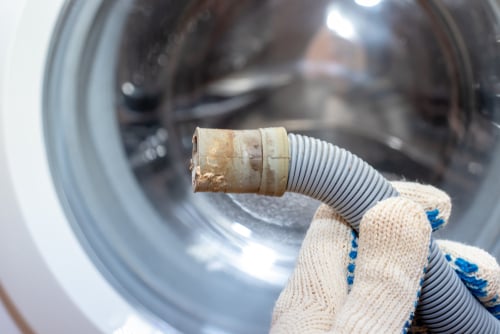A new study by Frontdoor looks at the pros, cons, and real experiences of homeowners with HOAs and how HOAs can impact a new home purchase.
So many factors go into buying a home: the price, square footage, lot size, and location, just to name a few. However, one factor that may influence a buyer’s decision to make an offer on a property is whether it has a homeowners association (HOA).
A new study by Frontdoor asks more than 1,000 American homeowners about their HOA membership experiences and what they like (or don’t like) about their HOA. While most can agree that HOAs can have their benefits, most homeowners would also prefer living in a community without an HOA.
Belonging to an HOA
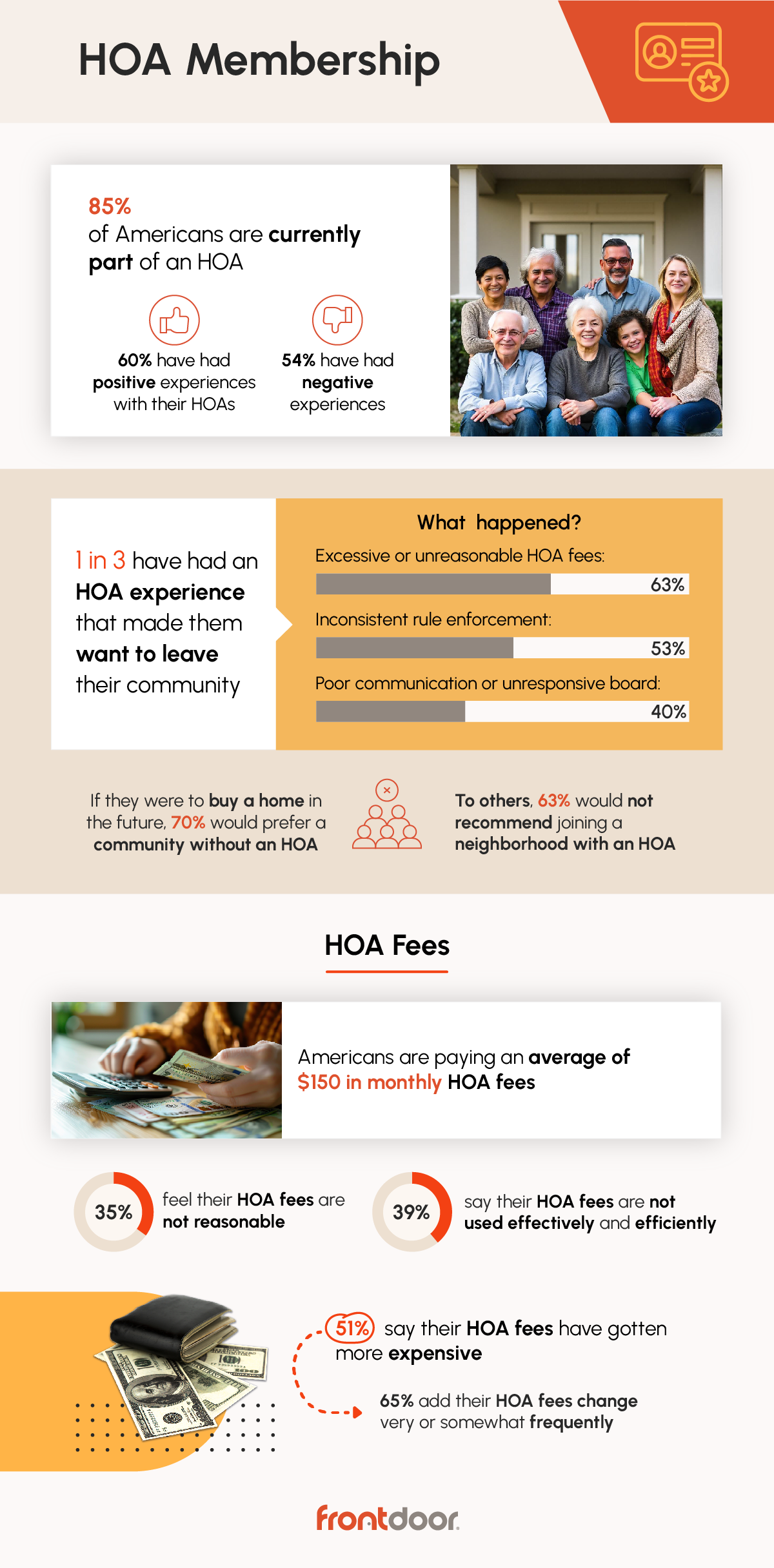
Homeowners associations (HOAs) exist to manage and maintain communities by enforcing rules and offering shared services, but how do homeowners really feel about these organizations? According to the study, 85% of respondents are part of an HOA, and while 60% report having positive experiences, 54% have also encountered challenges. This split shows the complexity of HOAs. While services like landscaping and community amenities may be valued, many homeowners find themselves frustrated with the way their HOA operates. This raises an important question: Do the benefits of an HOA outweigh the potential drawbacks?
For 1 in 3 homeowners, the answer seems to be no. One-third of homeowners had experiences with their HOA that were bad enough that they made them want to leave their neighborhood. The frustrations homeowners face often revolve around three main issues: excessive fees, inconsistent rule enforcement, and poor communication. Of those wanting to leave, 63% cited unreasonable fees that didn’t match the services provided, leaving them feeling like they weren’t getting their money’s worth. Another 53% expressed concerns about inconsistent rule enforcement, where some neighbors were seemingly treated more leniently than others, creating a sense of unfairness.
Poor communication also plays a big role, with 40% of homeowners pointing to an unresponsive HOA board, which left them feeling powerless when it came to important neighborhood decisions. These frustrations can build up, making homeowners feel uncomfortable or undervalued in their own communities.
Even though many HOA members report positive experiences, that doesn’t mean they would choose to live in a home with an HOA again. In fact, 70% of American homeowners would prefer a community without an HOA if they were to buy a new home today. Additionally, 63% would not recommend purchasing a home with an HOA to others.
HOA fees are a common sticking point. Homeowners typically pay monthly or annual fees to cover the costs of maintenance and services. These fees can vary widely depending on location, but on average, homeowners pay $150 a month, or $1,800 annually. While some find these fees reasonable, 35% believe they’re too high, particularly when the services provided don’t seem to justify the cost.
The issue is compounded by rising fees. More than half (51%) of respondents reported an increase in their HOA fees, with 65% saying these hikes happen frequently. This continuous rise in costs, without a clear improvement in services, leads to further dissatisfaction. In newer, upscale developments, homeowners might feel the fees are justified by amenities like security gates or luxurious community centers, but in older or smaller neighborhoods, many feel the cost just isn’t worth it.
HOA Members and HOA Enforcement
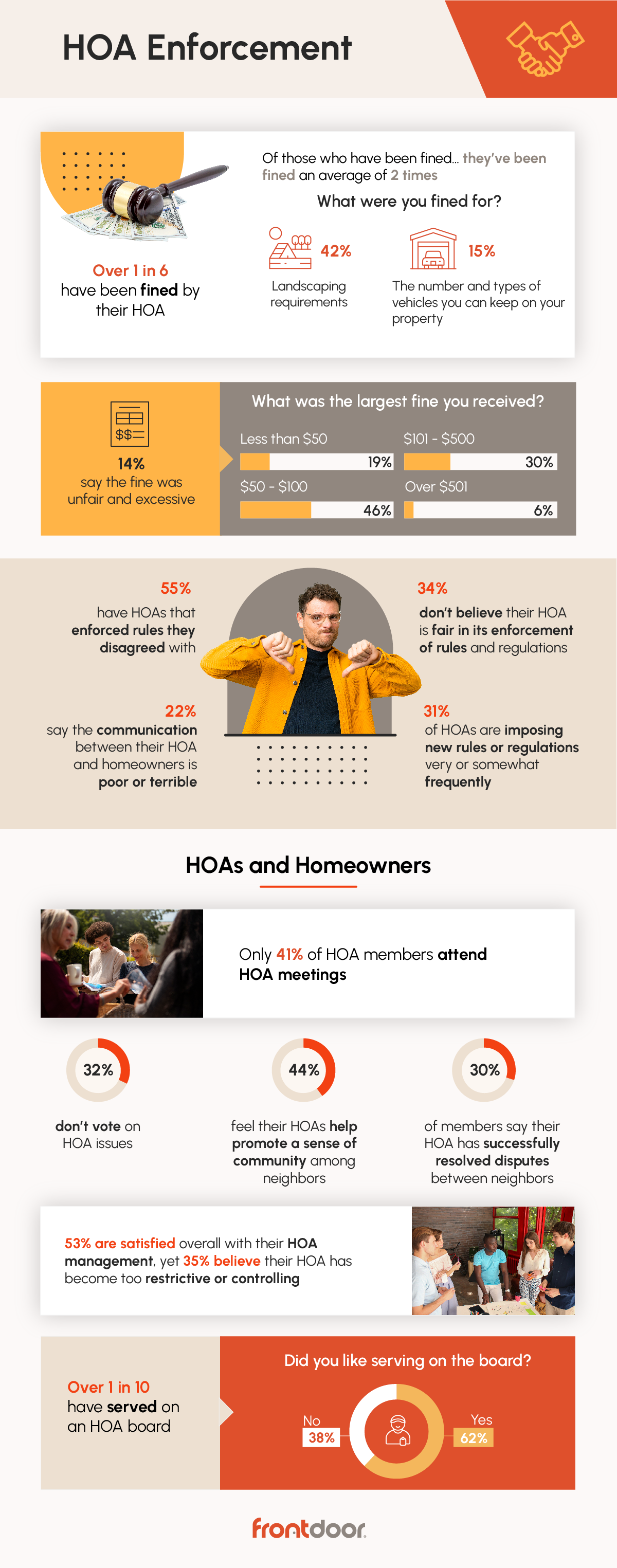
Living in an HOA-managed community comes with more than just monthly or annual fees—homeowners also face potential fines for breaking the rules or guidelines.
One of the most controversial aspects of HOAs is their enforcement of these rules. In fact, over 1 in 6 homeowners have been fined, often for what they see as minor violations, such as not meeting landscaping requirements or exceeding the limit on vehicles parked on their property. While some appreciate these regulations for keeping the neighborhood looking tidy, others view them as an overreach on behalf of the HOA. For instance, a homeowner might be fined for not trimming their bushes to the exact standards set by the HOA, even if their yard appears well-maintained. Fines can range from $50 to $500, and for more than 1 in 10 respondents, the penalties felt unfair or excessive, adding to frustration.
This dissatisfaction extends beyond fines, as more than half of American homeowners believe their HOA has enforced rules they disagree with, and 34% say their HOA isn’t fair in how it applies these regulations. A lack of clear communication only adds to these frustrations. More than 1 in 5 (22%) homeowners rated their HOA’s communication as poor or terrible, making it harder to understand new rules or the reasons behind fines, often escalating tensions unnecessarily.
Although participation is key to influencing HOA decisions, less than half of homeowners (41%) attend HOA meetings and only 32% vote on issues that impact their community. Despite these challenges, many homeowners still see the value in HOAs. 44% feel that their HOA helps foster a sense of community, and 53% are satisfied with their HOA's overall management. Additionally, 30% believe their HOA has been successful in resolving disputes between neighbors.
For those who want to make a difference, serving on the HOA board can be a way to enact change. However, only 1 in 10 homeowners have ever done so, although 62% of those who have served report having a positive experience.
HOA Pros, and Cons, and Member Opinions
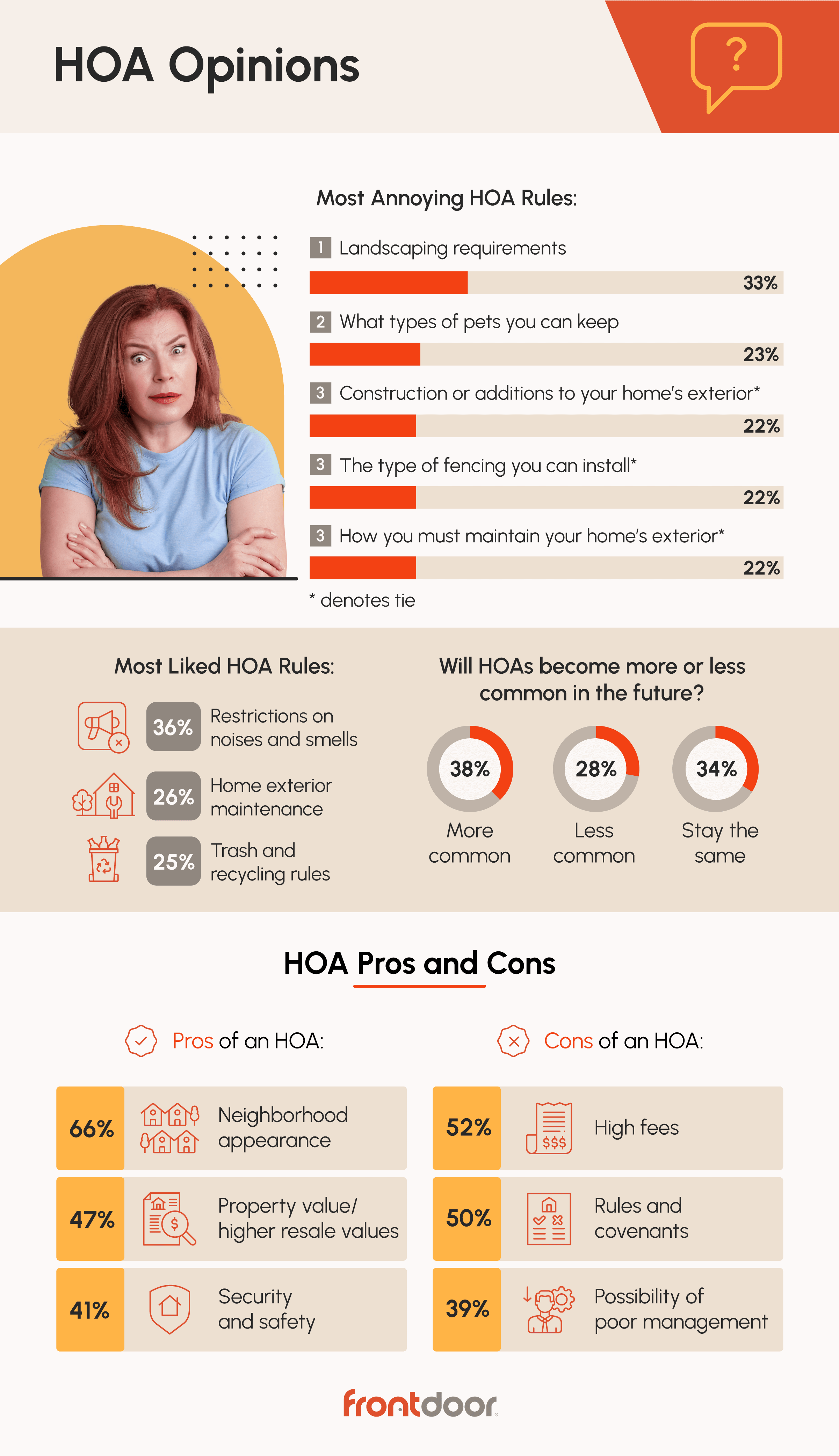
One of the key selling points of an HOA is the overall appearance of the community. By enforcing rules around lawn care, exterior maintenance, and common areas, HOAs help create a visually appealing neighborhood, which can even help boost property values. For those living in communities that prioritize appearance and safety, HOAs might also offer additional security measures like gated entries or surveillance systems, which may be especially attractive to families. The most popular HOA guidelines among members include those related to noise, exterior home maintenance, and trash or recycling regulations.
However, the same rules that help maintain a uniform look can feel restrictive to homeowners who prefer more personal freedom. Limits on home renovations, parking, or even the type of landscaping allowed can frustrate those who want more control over their property. Add to this the frustration of inconsistent rule enforcement and rising fees, and it’s no surprise that many homeowners prefer to live in neighborhoods without an HOA.
No matter the personal feelings or experiences with HOAs, there are some universal pros and cons. We dive deeper into each of them below.
Pros of an HOA
Pro #1: Neighborhood Appearance
One of the main pros of an HOA is the consistent upkeep of the neighborhood's appearance. HOAs often enforce guidelines around lawn care, home exteriors, and community spaces, helping maintain a visually appealing environment. This uniformity ensures that homes and properties look well-kept, which can be a key selling point for buyers.
Pro #2: Property Value/Higher Resale Values
An attractive neighborhood isn't just nice to live in, it can also boost property values. By enforcing standards that keep the community in good condition, HOAs help preserve home values and potentially increase resale prices. For homeowners looking to sell, this can be a significant advantage, as buyers are often willing to pay more for a home in a well-maintained area.
Pro #3: Security and Safety
Some HOAs provide additional security features such as gated entries, surveillance cameras, or neighborhood watch programs. These measures can enhance the safety of the community, giving residents peace of mind. Living in a neighborhood with enforced safety standards can be a strong benefit for families and those concerned about their security.
Cons of an HOA
Con #1: High Fees
One downside to living in an HOA community is the cost. Homeowners must pay regular fees, which can range in price depending on the neighborhood and amenities. These fees cover maintenance, services, and improvements, but for some, they may feel excessive, especially if the value or use of those services doesn’t meet expectations.
Con #2: Rules and Covenants
HOAs are known for their rules and regulations, which can be both a blessing and a burden. While they help maintain the community’s appearance and order, they can also be restrictive. Homeowners may face limits on exterior modifications, parking, or even the types of plants they can grow. For those who value freedom over uniformity, these rules may be a significant con.
Con #3: Possibility of Poor Management
An HOA is only as good as its management, and unfortunately, not all are well-run. Poor communication, lack of transparency, or inconsistent enforcement of rules can lead to frustration among homeowners. Mismanagement can create tension in the community and even lower property values, making what should be a benefit a potential drawback.
With all these mixed feelings toward HOAs, are they likely to become more or less common in the future? According to 38% of homeowners, they’ll become more common, while 28% think they’ll become less common. For 34%, the amount of HOAs in the future will stay the same.
When considering a home with an HOA, it’s crucial to weigh these pros and cons carefully. If you’re one of the many homeowners dealing with the frustrations of living in an HOA community, from unexpected repairs to home maintenance issues, Frontdoor is here to help. While they can’t assist with HOA disputes or rising fees, their plumbing, electrical, HVAC and appliance repair Experts chat Experts can help you tackle your home repair and maintenance needs*, making homeownership a little less stressful.
Download the Frontdoor app today and get expert help with repairs and maintenance in real-time when you need it most!
*Call hours 06:00 AM to 09:00 PM CST, hours subject to change
Methodology
In September 2024, we surveyed 1,005 American homeowners for their feedback on HOAs and their experiences belonging to an HOA. Respondents were 50% female, 49% male, and 1% non-binary with an age range of 18 to 79 and an average age of 45.
Fair Use
For media inquiries, contact media@digitalthirdcoast.net.
When using this data and research, please attribute by linking to this study and citing https://www.frontdoor.com/.
Was this article helpful?
